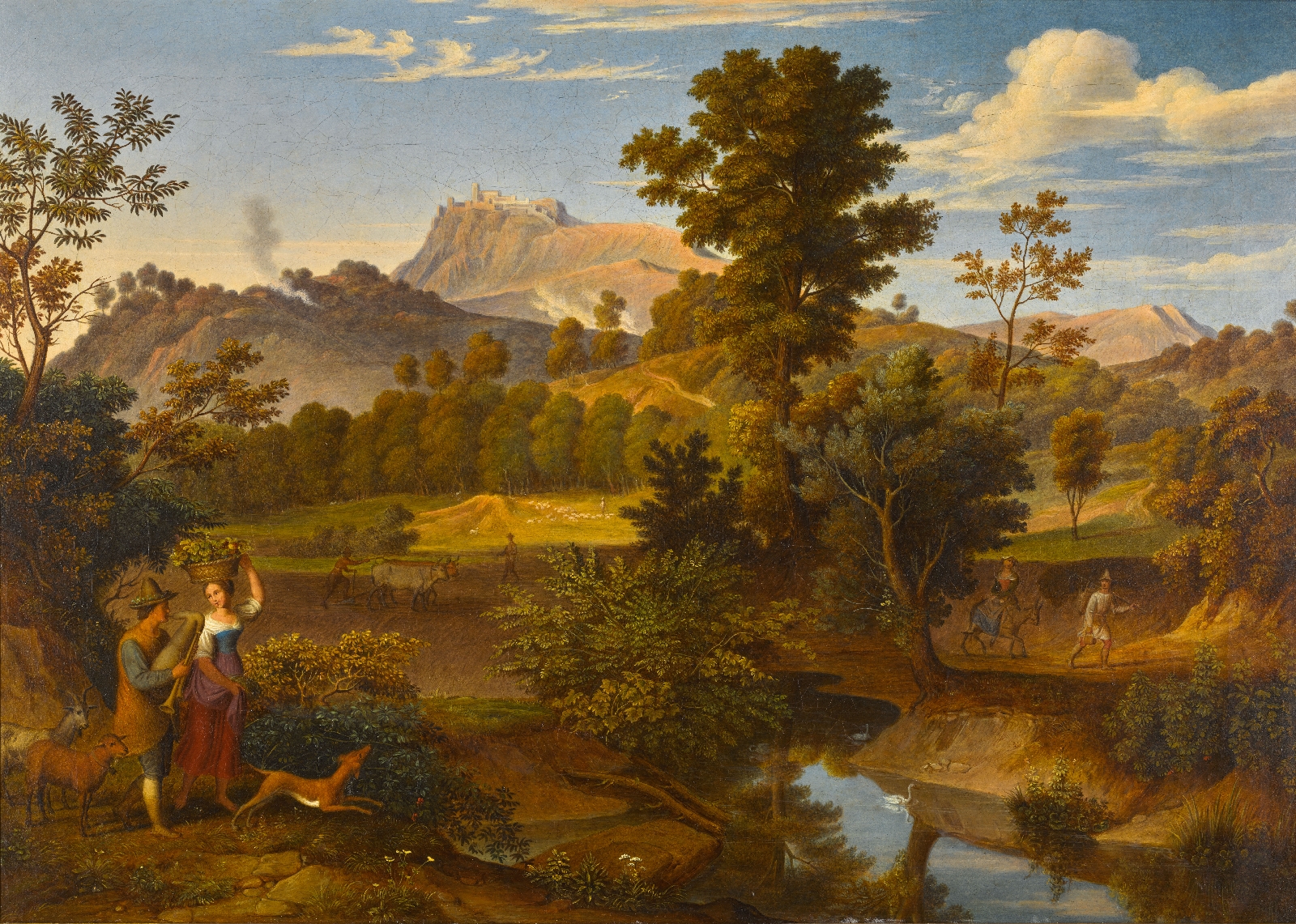A Dance with Time
Leeladhar Jaguri’s “A Morning Are You” and the Romantic Tradition
Leeladhar Jaguri’s one of the beautiful poems "A Morning Are You" is rich with its profound depth and mystical essence. It evokes the spirit of Romanticism; a literary movement that aimed to go beyond the boundaries of human experience by uniting the individual self with nature and time. The poem's investigation of temporality, reminiscence, and the symbolic significance of a morning infuses it with the thematic affluence reminiscent of poets like William Wordsworth, and John Keats, and the later Romantic sensibility found in poets such as Robert Frost. This chapter aims to draw parallels between Jaguri's work and the global tradition of Romanticism, emphasizing the shared ethos of nature, time, memory, and transcendence.
Morning as a Symbol of Eternity: The Romantic Tradition
Jaguri's poem centers on the image of a morning that transcends time—"Beyond one million days and equally nights / Into the root of a long day / You are a morning." The morning, for Jaguri, becomes a symbol of continuity and rebirth, reverberating the Romantic fascination with nature's capability to evoke feelings of eternity and renewal. In this sense, the morning in Jaguri's poem parallels the imagery in William Wordsworth's "Ode: Intimations of Immortality", where the poet observes, "There was a time when meadow, grove, and stream, / The earth, and every common sight, / To me did seem / Apparelled in celestial light" (Wordsworth 341). Just as Wordsworth’s morning embodies the eternal and the divine, Jaguri's morning signifies a metaphysical experience, something beyond the commonplace yet fundamentally tied to the everyday world.
The Journey of Self and Memory: Jaguri and Keats
The journey Jaguri takes between the contrasting directions of “presence” and “coming back” echoes the Romantic impulse of the evolution of the self and its relationship with time and memory. The line “My ‘presence’ somewhere / And ‘coming back’ of mine” evokes a meditative inner journey, reminiscent of John Keat’s portrayal of shifting time in "Ode to a Nightingale." Keats beautifully writes, "Away! Away! for I will fly to thee, / Not charioted by Bacchus and his pards, / But on the viewless wings of Poesy" (Keats 211). In both instances, the poets reflect on the ability of the self to transcend the limitations of the physical world through imagination, creativity, and a deep emotional bond with time.
Jaguri’s invocation of memory, too, plays a crucial part in attaining this sense of transcendence. He writes, “Your memory / Would fill me up with taste / On the lips of revolving earth.” This close relationship between memory and sensory experience is mirrored in Keats' “To Autumn,” where the poet writes, “Where are the songs of Spring? Aye, where are they? / Think not of them, thou hast thy music too" (Keats 318). In both poems, the sensory details are intricately linked or firmly woven into the fabric of remembrance, transforming personal encounters with nature into a spiritual renewal.
Nature, Humanity, and the Sacred: Jaguri and Wordsworth
One of the most remarkable aspects of Jaguri’s poem is its subtle but impactful depiction of the profound and existential connection between humans and nature, particularly in the lines, “Many fields filled up with water / Growing paddy from heart / Will rise.” These beautiful images recall Wordsworth’s deep connection to nature in poems like “Lines Composed a Few Miles Above Tintern Abbey”, where he writes, “And I have felt / A presence that disturbs me with the joy / Of elevated thoughts; a sense sublime / Of something far more deeply interfused” (Wordsworth 253). Both Jaguri and Wordsworth discover in nature not only a sense of solace but also a divine, transcendent force that shapes human existence. Jaguri’s images of fields “growing paddy from heart” reflect Wordsworth’s belief that nature is a spiritual force that flourishes and thrives within the human soul.
The Cycle of Time: Frost’s Echoes in Jaguri
Jaguri’s poem reveals a keen awareness of the passage of time and its cyclical nature highlighting the rhythmic patterns that shape both human experience and the natural world. He beautifully writes, “Beyond one million days and equally nights / You are a morning,” pointing to an understanding of time as both infinite and recurring. This thematic concern with time reverberates with the poetry of Robert Frost, particularly in "Stopping by Woods on a Snowy Evening." Frost writes, “The woods are lovely, dark and deep, / But I have promises to keep, / And miles to go before I sleep” (Frost 145). Both Frost and Jaguri reflect on the relentless flow of time, the insignificance of the self within the larger temporal and natural order, and the enduring, recurring beauty of nature.
The similarity between Jaguri and Frost also lies in their shared capacity to reflect on the passage of time while placing the self in natural surroundings. Jaguri’s morning, akin to Frost’s snow-covered woods, serves as a metaphor for life’s transient yet recurring moments of beauty, the kind of beauty that compels the poet to pause and reflect on one’s place in the world.
Conclusion: A Morning Beyond the Everyday
Leeladhar Jaguri’s poem “A Morning are You” embodies a deeply Romantic spirit, exploring the natural world with great sensitivity. It also contemplates time, memory, and the individual’s place within the vast, cyclical rhythms of existence. By engaging with themes reminiscent of Romantic poets like Wordsworth, Keats, and Frost, Jaguri carries the Romantic tradition forward, expanding it into fresh and culturally unique realms. His morning is both personal and universal, rooted into the particularities of personal experience yet open to transcendence, presenting his work as a contemporary expression of the Romantic spirit.
Dr. Deepak Bijalwan
Images taken from: https://images.app.goo.gl/keQqsXBSmRmtbCvc7
https://images.app.goo.gl/4tbf9QkGBvwgfSed9
https://images.app.goo.gl/CBGfu6NvvP2tntey9
https://images.app.goo.gl/3QDetChARUQxMjAY6
https://images.app.goo.gl/GyXBrrLzK7LMVsh96




Comments
Post a Comment
Dr. Deepak Bijalwan
Poet, Translator